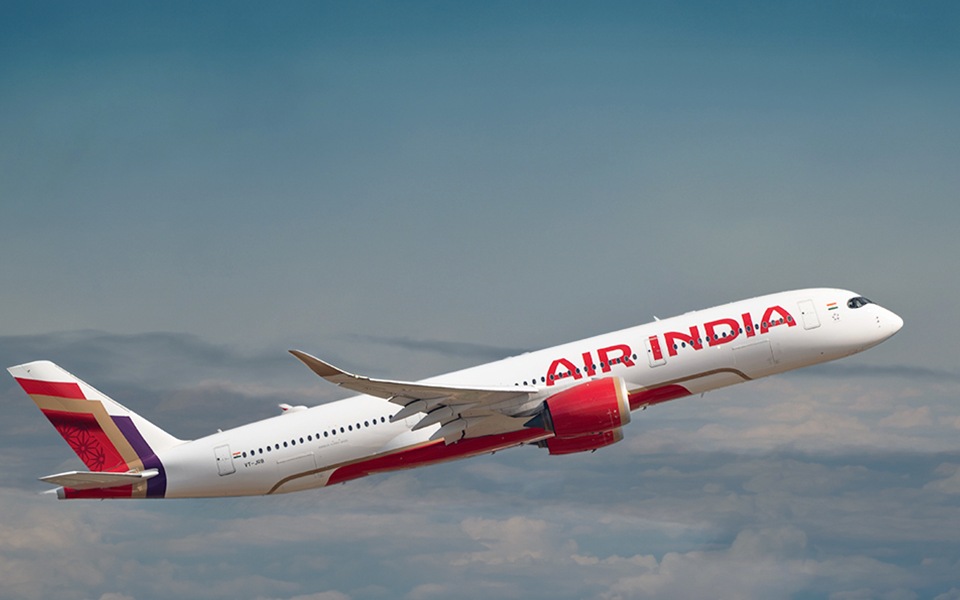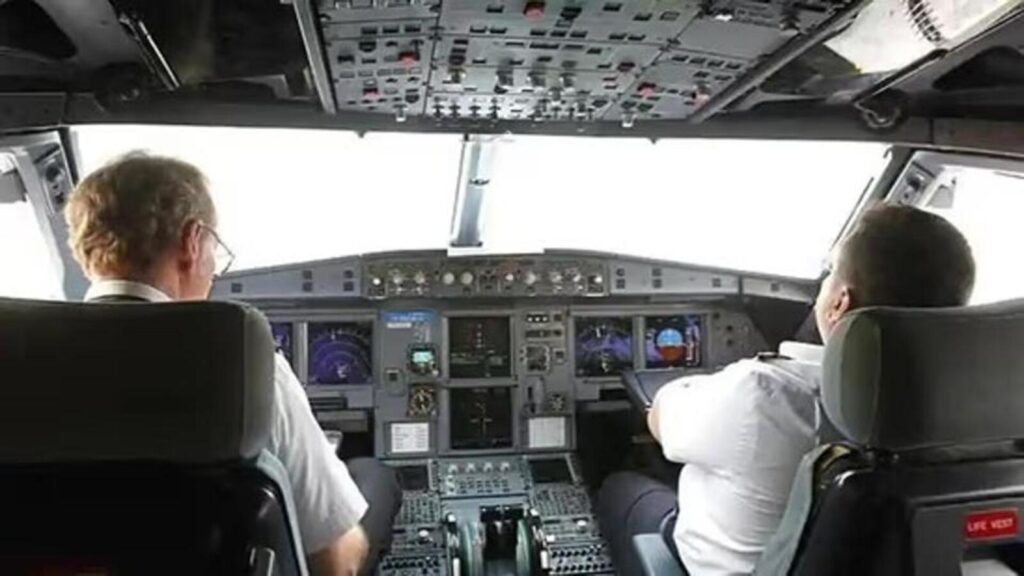Now Reading: Air India Cancels 16 Flights Amid Operational Woes, Opposition Slams Airline Mismanagement
-
01
Air India Cancels 16 Flights Amid Operational Woes, Opposition Slams Airline Mismanagement
Air India Cancels 16 Flights Amid Operational Woes, Opposition Slams Airline Mismanagement

National carrier Air India is under fresh scrutiny after 16 flights were cancelled in a single day due to operational challenges. The cancellations sparked frustration among passengers and criticism from opposition leaders, who pointed to deeper issues in the airline’s management. As questions grow around the airline’s reliability, concerns are mounting for fliers, especially from Tier 2 cities who rely on Air India for vital domestic and international connections.
Multiple Flights Grounded, Passengers Affected
On a day that should have seen routine travel, Air India was forced to cancel 16 scheduled flights across various routes. Passengers at airports reported long delays, lack of clear communication, and last-minute disruptions.
The affected routes included both domestic and international sectors, throwing travel plans into chaos for many business travellers, students, and families.
Operational Strain and Fleet Shortages
Reports suggest that the primary reason behind the cancellations lies in ongoing operational inefficiencies. Several aircraft have been grounded due to maintenance issues or crew shortages. This has put immense pressure on the airline’s already strained schedule.
Despite being under the Tata Group’s management since early 2022, the airline is still battling legacy challenges, including an aging fleet and staffing limitations.
Opposition Raises Questions on Airline Governance
Leaders from opposition parties were quick to criticise the developments. Allegations of poor fleet planning, mismanagement, and lack of investment in upgrades were brought to the forefront. They questioned how India’s national carrier continues to face frequent disruptions despite claims of modernisation.
Some also called for greater transparency and accountability, especially since the airline’s performance has direct consequences on travellers and the country’s aviation reputation.
Impact on Tier 2 Cities and Small-Town Travellers
Cities like Raipur, Nagpur, Lucknow, and Kochi often rely on Air India for consistent connectivity to metros and international destinations. Cancellations affect not just individual travellers but also small businesses, students heading abroad, and medical patients needing timely transit.
In these regions, alternative flight options are limited, and delays from a major carrier like Air India can lead to missed connections, financial loss, and immense inconvenience.
What Lies Ahead for Air India?
The Tata Group has committed to turning around the airline’s performance, with a focus on fleet modernisation and better service delivery. However, passengers are yet to see consistent improvements.
Until then, frequent disruptions could continue to erode trust, especially among regular flyers from non-metro cities who have fewer travel alternatives.
Conclusion:
Air India’s recent wave of flight cancellations has once again exposed the fragile state of its operations. While efforts to modernise the airline are underway, the immediate impact on passengers and growing political criticism suggest that deeper reforms are urgently needed. For many in Tier 2 cities, reliable air travel is not a luxury — it’s a necessity. And restoring confidence in the national carrier remains a critical challenge ahead.

























